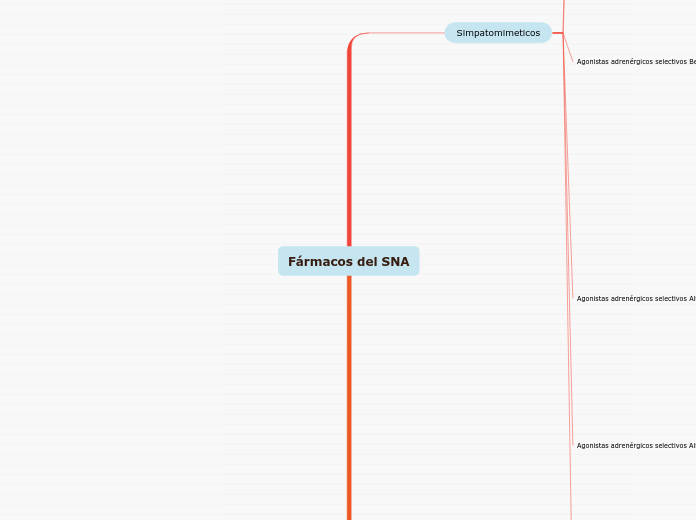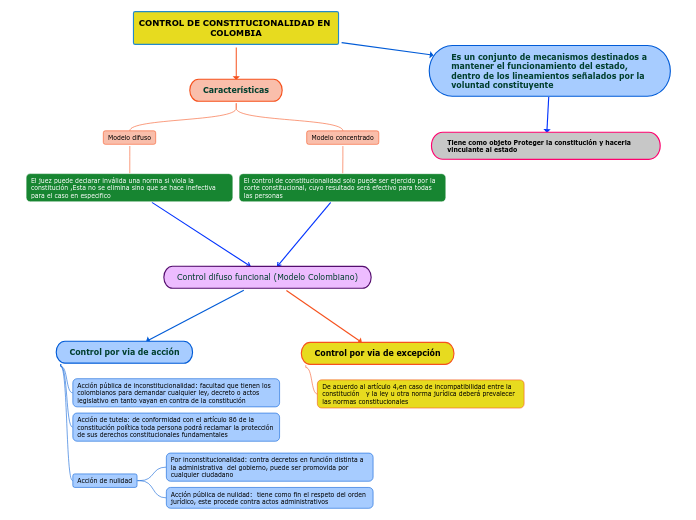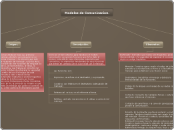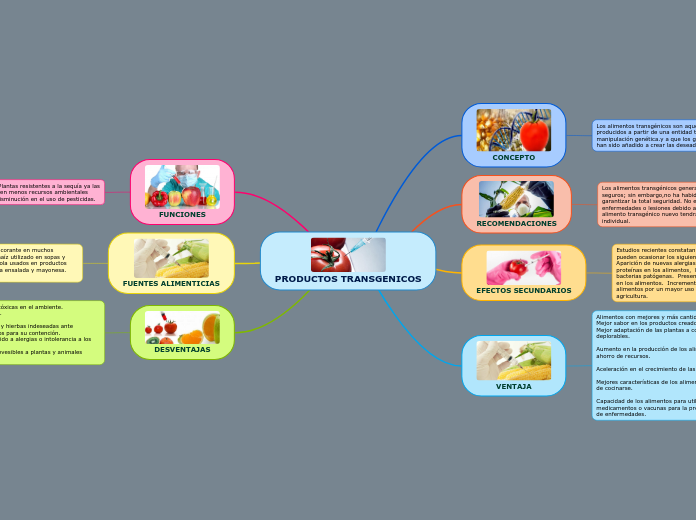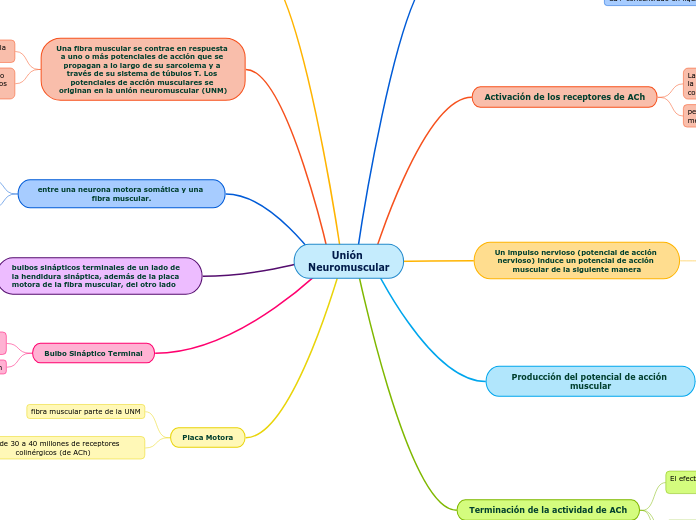Fármacos del SNA
To name your story, you have to think about the overall message and what you want your audience to understand from the story. Also, make it relevant and easy to remember.
Parasimpatomimeticos
The middle of the story is where you add layers of complications that will lead to the end. Reveal more about the character's journey. Did their personality go through changes? How did they overcome the challenges? And as you build up the story’s central conflict, make it more personal to that character. Also, from the middle act, you have to lead into the final act.
Acción indirecta
Your character(s) need(s) motivation in order to solve the challenge(s).
Ambenonio
Aumento de secreciones bronquiales y lacrimales y vomito
Miosis, sudoración, nauseas
salivación excesiva, calambres abdominales, diarrea
Fisostigmina
Secondary characters also might have motivs beacuse of which they may cross path with main character or which might trigger them to help the main character.
Hipotensión, aumento de sudoración y salivación
Nauseas, vomito, aumento de frecuencia cardiaca
Antídoto para envenenamiento o sobredosis de alcohol, alcaloides tropínicos
Trastornos postoperatorios
Edrofonio
Why does your character need to confront this challenge? What does he/she expect to accomplish by solving it?
See a few examples:
- will marry in 3 days
- can fix the mistakes of the past
Parkinson, hipertiroidismo, hipertesión
Asma, epilepsias, hipotensión
Miastenia grave
Acción directa
Each story has a main character and that character usually needs to solve a problem or challenge. The character's challenge is the one that creates tension throughout the story.
Alcaloides
Type in any other challenges which other characters in the story need to face.
Pilocarpina
Glaucoma agudo, riesgo de deshidratación
Enfermedad de tracto biliar, colelitiasis
Indicación terapéutuca
Hipofunción de glándulas salivales
Sequedad ocular
Esteres de colina
In most stories, there are 3 challenges. The number 3 is a mystical number symbolizing completeness. Try to come up with interesting challenges with which your character needs to struggle.
See a few examples below:
- turns into a werewolf at night
- is sent back in time
Betanecol
Mareos y debilidad
Tratamiento de retención urinaria
Metacolina
Enfermedad cardiovascular con bradicardia
Úlcera péptica
Hiperreactividad de las vías aéreas en pacientes sin asma
Acetilcolina
Espasmos gastrointestinales
Glaucoma agudo de ángulo
Inducción de miosis
Simpatomimeticos
In the beginning of the story (or the exposition), you will need to introduce the setting and characters. You might also want to introduce the main conflict. This part of the story is important because it gives the reader necessary background information and maybe even a first insight into a character’s personality.
Beta bloqueadores de 3 generación
Nevibolol
EPOC, psoriasis
Enfermedad Raynaud, bloque cardiaco
Insuficiencia cardiaca diastólica
Hipertensión
Celiprolol
Bradicardia, hipotensión ortostática, edema
Insuficiencia cardiaca tipo IV
Disminuye frecuencia cardiaca y tensión arterial
Bucindolol
Depresión, letargia
Cefalea, mareos, fatiga
Carvedilol
Bradirritmias
Insuficiencia cardiaca congestiva leve o grave
Mejora función ventricular
Agonistas adrenérgicos selectivos Alfa 2
Guanfacina
Astenia, somnolencia, fatiga, cefalea
Boca seca, sedación
Disminuye la presión arterial
Clonidina
Cefalea, estreñimiento, nauseas, sequedad de boca
Depresión, trastorno del sueño
Hipertension arterial
Agonistas adrenérgicos selectivos Alfa 1
Midodrina
Sarpullido
Micción frecuente
Entumecimiento y adormecimiento
Hipotensión arterial
Metaraminol
arritmias vasculares, taquicardia
cefaleas, nauseas, vomito, disnea
Usado para estados hipertensos
Fenilefrina
Glaucoma de ángulo cerrado, aneurisma
arritmia, bradicardia, HTA
Descongestionante nasal y midriatico
Agonistas adrenérgicos selectivos Beta 2
Salmeterol
Tos, congestión nasal
Temblores
Cefalea, nauseas
Alivio de síntomas y calidad de vida en pacientes con EPOC
Formoterol
Cefalea, mareos, nauseas, mialgias
Arritmia e isquemia miocardica
Broncoespasmos, amas, inducida por ejercicio y EPOC
Asma nocturna
Albuterol
Inquietud, apresión, ansiedad
Temblor
Retraso del parto pretérmino
Metaproterenol
Nauseas, mareos, cefalea, insomnio
Pacientes con cardiopatías tienen riesgo particular
Broncoespasmo aguda
Tratamiento de largo plazo del asma
Agonistas de receptores adrenérgicos Beta 1
The setting (time & place) of a story can change throughout the plot.
Efedrina
The time of the story can also change. It can describe the event of a single day or can include an entire year's plot. Anyway, don't forget to mention it.
Nerviosismo, ansiedad, inquietud, irritabilidad,
Retención urinaria
Nauseas, vomito, malestar epigástrico
Angina, palpitaciones, taquicardia, hipertensión, dolor torácico
Cefalea, insomnio
Choque refractario a la restitución hidrica
Hipotensión relacionada con la anestecia epidurial
Isoproterenol
Your story can take place wherever your imagination will take you to.
For example: in an elevator, in an enchanted forest, etc. Don't forget to give details of the environment each time the setting changes, otherwise, the story can be confusing. Also, mention the seasons as each of them has unique weather and events.
Isquemia cardiaca y arritmias
Cefalgia
Taquicardia
Palpitaciones
Taquicardia ventricular polimorfa
Estimula la FC en urgencia con pacientes bradicardia o bloqueo cardiaco
Específicos
Characters are essential to a good story. Usually, the protagonist(s) is/are the most affected by the plot. Introduce a character by focusing on their actions, interests, and occupation, as the physical appearance doesn't make a difference in most cases.
Catecolaminas
Type in the name of your character.
Dobutamina
Add other qualities/attributes of the character.
Hipertensión, taquirritmias, isquemia miocardica
Reduce la presión de llenado ventricular
Eleva el gasto cardiaco
Insuficiencia cardiaca
Dopamina
What is your character's main goal?
fight Evilfind lovedefeat his/her enemyrule the worldmake friendstime travelmake an awesome discoveryOther
Nauseas, vomito, taquicardia, disnea, cefalea
Pacientes sin deterioro marcado de función miocárdica
ICC severa o refractaria a otros tratamientos
Cirugía de corazón abierto
Hipertensión arterial derivada de choque cardiogénico traumático o endotóxico
Noraepinefrina
Which traits best describe the character's personality? Choose more if necessary:
introvertedloyalkindindependentquick-thinkingadventuresomeidealisticsweet-naturedcalmrisk-takercreativewittystrictfussyweirdclumsyharshaggressivecarelessclingingcowardlycrueldeceitfulimpulsiveOther
cefalea, palpitaciones, dificultad respiratoria
Hipertensión arterial
Epinefrina (adrenalina)
Choose the type of your chacter:
Protagonist (main character)Antagonist (main character's opponent)Flat (stereotypical character)Round (his/ her personality develops throughout the story)Static (doesn't evolve as a person throughout the story)Dynamic (dramatical change in personality)Confidant (the main character trusts him/ her)Foil (contrasting character who enhances the personality of another character)Other
Efectos adversos
Aumento de TA, hemorragia cerebral y arritmia cardiaca
Inquietud, cefalea pulsátil, temblor y palpitaciones
Indicación terapéutica
CRUP infeccioso y postintubación
Agente hemostático en superficies sangrantes como boca o ulcera péptica hemorrágica
Prolonga acción de anestésicos locales
Alivio a reacción de hipersensibilidad, anafilaxia a otros fármacos
